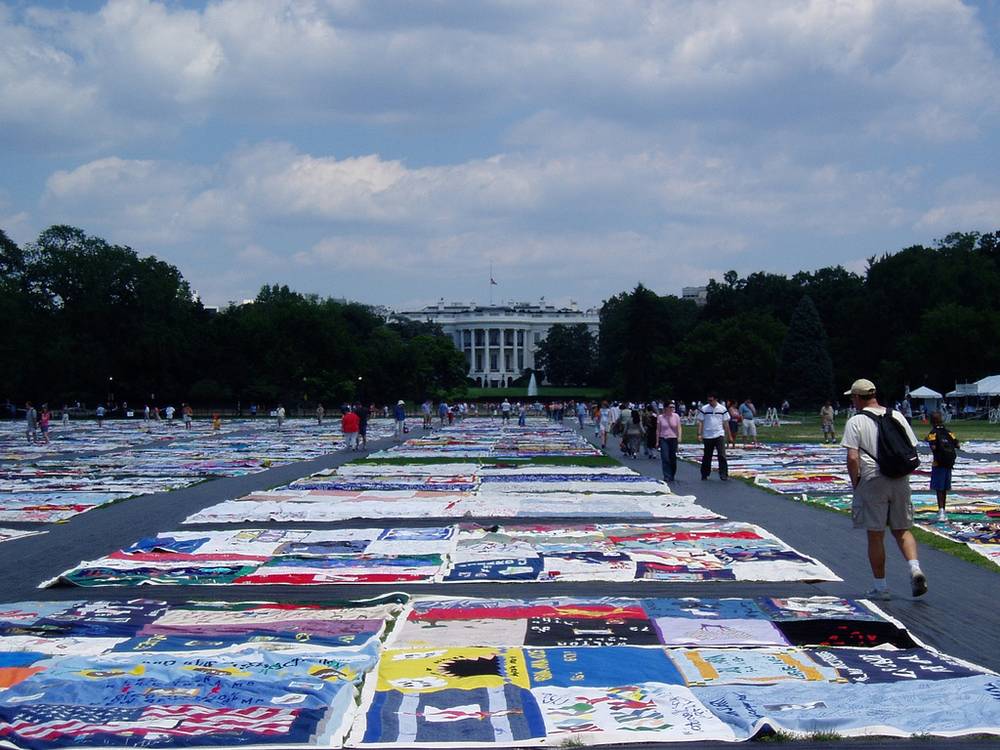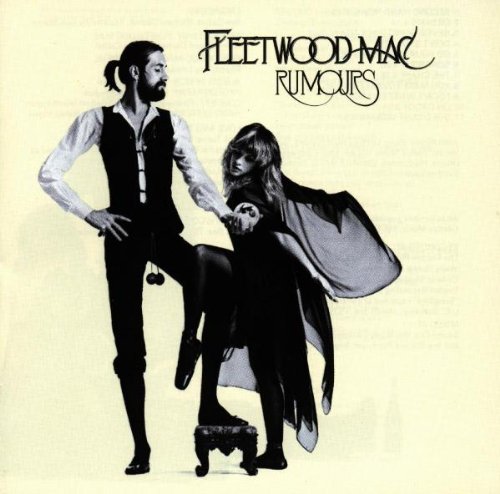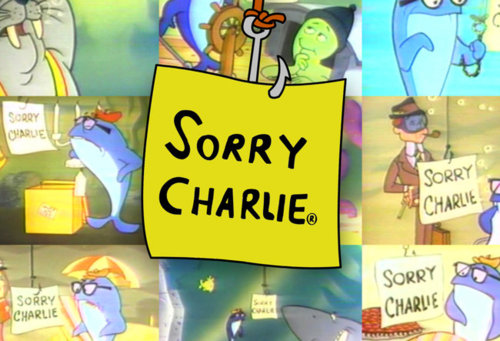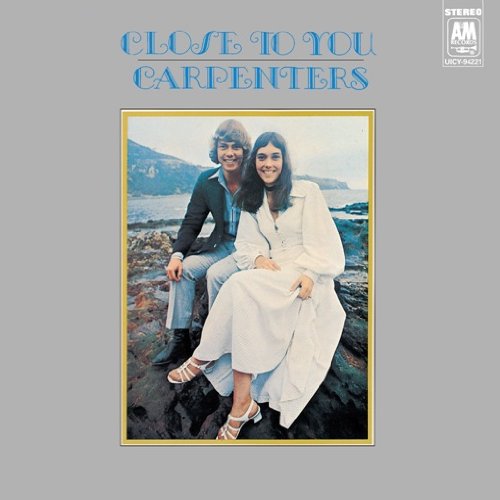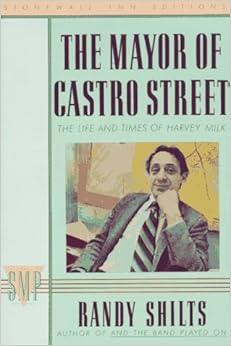Young Adult novel
Written by Bill Konigsberg
(Arthur A. Levine Books, 2013)
Times have certainly changed since I was in high school.
Pre-Glee, pre-My So-Called Life, there weren’t gay teen characters I could look
to as role models for navigating high school cafeterias or, worse, the boys’
bathroom. Yes, there were rumors of swirlies in the toilet, not specifically
for gays but for dweebs who lacked bladder control. I think I “held it” for my
entire tenth grade year.
I’m not saying it’s easy now. Just easier. No doubt, if
you’re young and questioning whether you are gay, every “That’s so gay” comment
still stings. Every joke about dropping soap in the gym shower seems intended
for your ears. Any admiring glance at a member of the football team still
involves great risk.
But there are Gay-Straight Alliances, if not in every
school, in many. There are Pink Shirt Days. Acceptance is nearer. Let’s face it
though. In high school, everyone is
struggling with acceptance. The definition of what is acceptable is extremely
narrow, defined by a highly nuanced code that shifts according to what is
trending in the hallways and online.
I bought a copy of Bill Konigsberg’s Openly Straight for a number of reasons. I’d heard him speak at the
Society of Children’s Book Writers & Illustrators summer conference in L.A.
a couple of years ago and appreciated his earnestness in offering advice to all
of us less successful writers, gay and otherwise. I’m working on a young adult
manuscript and I need to continue to familiarize myself with what’s on the
market. I am naturally drawn to novels with gay characters. And, finally, the
premise of the book intrigued me. Why would an out gay teen establish a new
identity, striving to pass as straight?
I’m sure it’s not current adolescent lingo, but I thought, That’s whacked.
Once openly gay, how
do you go back in the closet? Seamus Rafael Goldberg lives in Boulder, Colorado
with parents who are beyond accepting. They have a celebration for him at
Hamburger Mary’s and his mom becomes president of PFLAG. Rafe even takes to the
speaker circuit, talking to high school audiences across the state about what
it is liking being gay. It seems the only trauma Rafe experiences in coming out
is his parents’ overly exuberant acceptance. My how times have changed! To be
fair, Rafe tires of being seen as gay, first and foremost. Adolescents
naturally cringe at being typecast. They crave being part of the group, but
also yearn to seen for their individuality. Rafe feels his status in his
Boulder world is that of The Gay Guy.
To suppress Rafe’s gayness, Konigsberg needs his main
character to move. And so Rafe enrols in a private boarding school in
Massachusetts for his junior year. It’s a place where soccer is the status
sport and Rafe is immediately accepted as a teammate. As a straight guy, he
mixes with the jocks. He is one of them without any of that gay awkwardness.
Except it’s still there. He still hears the gay jokes. It’s
just that he’s not the target.
All of this makes for an odd problem. Rafe has already gone
through the coming out process. Now he’s actively suppressing part of his
identity.
All summer, I’d gone over every scenario in
my mind in terms of
gay stuff
at Natick. I had firm plans in place. I was going to be
label-free.
Don’t ask, and I won’t tell. The only way I would
actually liewas
if I were asked directly, “Are you gay?” In that
case, I’d say no.But
even then I wouldn’t go on about being
straight.
As I read the book, I never shook the feeling that there was
something unsavory about Rafe’s turning his back on part of himself. Rafe seems
not fearful, just dishonest. As he forms a close friendship with Ben, I braced
for a train wreck. It felt like all those soap opera plots where a girl fakes
being pregnant to keep a guy. It never works.
As the closeness of Rafe and Ben’s friendship deepens, it is
obvious that Rafe’s concealed out-ness will doom their relationship. Would
things have gotten as close had Rafe been out as a gay classmate? Likely not.
But then the reader might fault Ben. Instead, it is the main character who is
hard to like. Rafe’s interactions are deceptive. The old things-got-out-of-hand
argument garners little sympathy.
And that’s the problem with Openly Straight. Ben, not Rafe, is the character the reader
empathizes with. Any confusion Ben experiences is genuine. Rafe comes off as
likable as all those fake-pregnant characters. His conflict is contrived. It’s
a well written book but the premise is plain icky. For generations, gay men
have shared their coming out stories. These experiences have united us and
helped redefine “family” and friendships. No doubt, Konigsberg wondered, What
if there is no story in coming out? What if it’s too easy? What if a character
rescinds his out-ness?
This twist on coming out comes off as sad and backward. There’s
a reason all those characters who fake pregnancy are hated by soap opera fans.
And there’s a reason they are never the main character; instead, they get in
the way of the characters and the stories we like. Rafe becomes more and more
unlikable as he plays it straight. I got to wondering, What’s the point? Is
this what a writer needs to pitch to a publisher that feels coming out stories
are so twentieth century? Whatever the reason, Openly Straight is fatally flawed and no amount of yarn spinning
can twist it into a good read.




